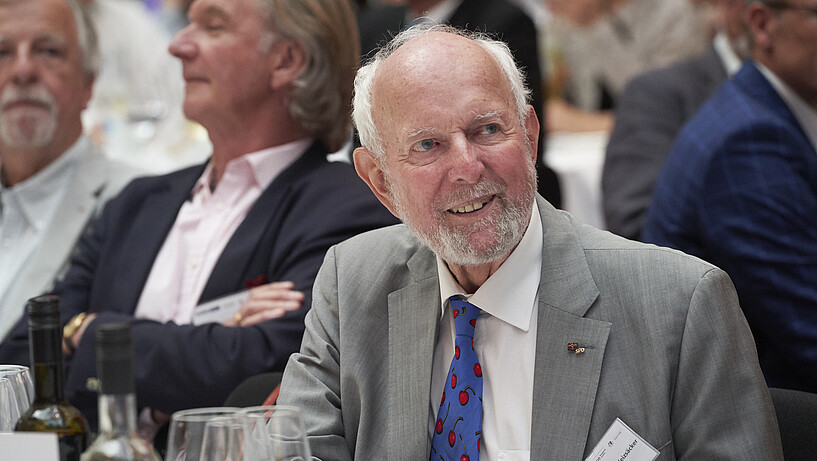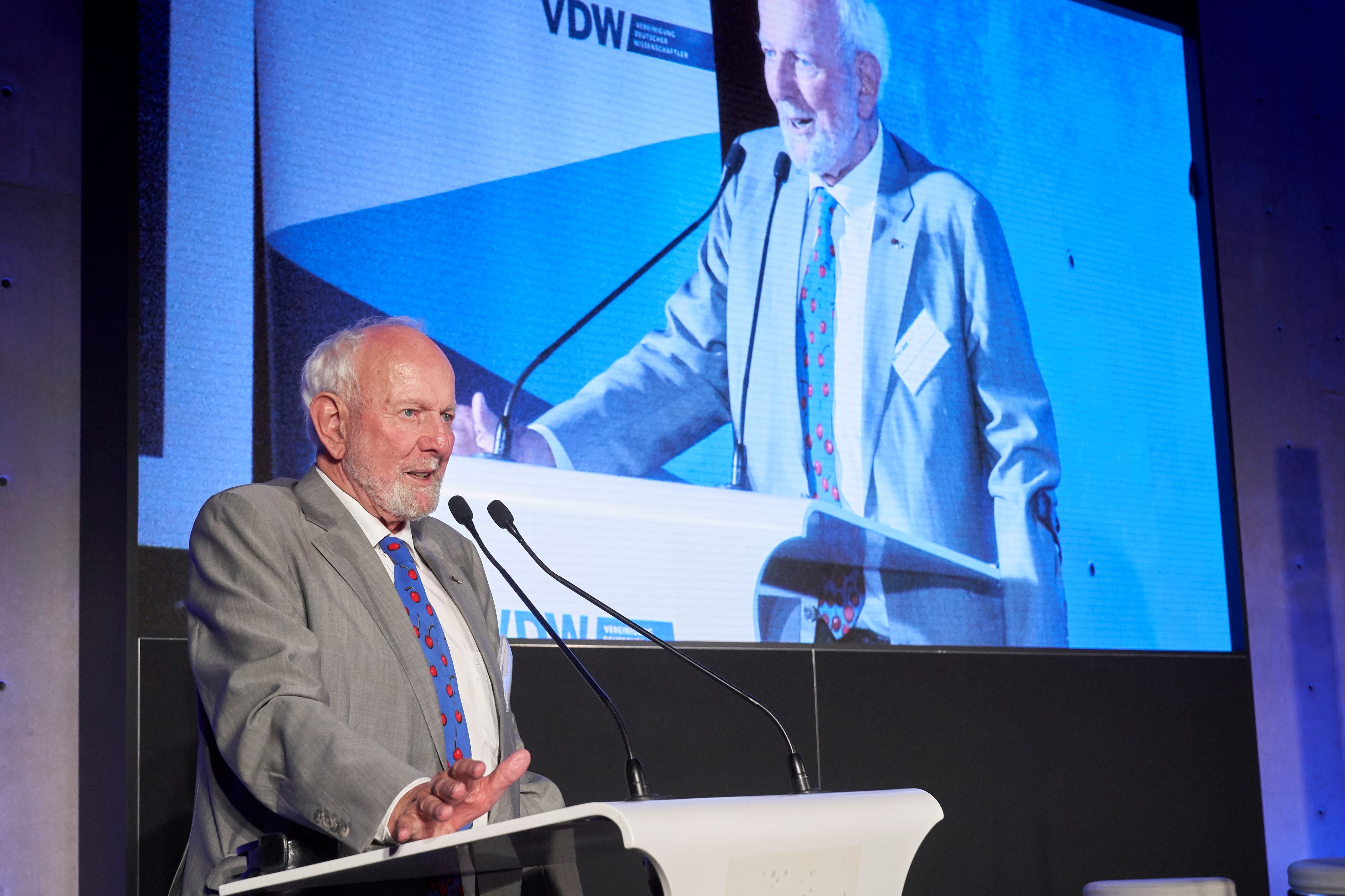On 2 June, HAW Hamburg will hold a day of action for a new Enlightenment, which will include a keynote speech from Prof. Ulrich von Weizsäcker. Through the digital day of action, HAW Hamburg aims to contribute to making universities spaces for future-oriented thought. The event will see students, experts and interested members of the public come together online to discuss the topic of sustainability from different perspectives and across disciplines.
Professor von Weizsäcker, can you explain the concept of the Enlightenment in simple terms for non-philosophers? Why is reason-based thought so incredibly successful?
Prof. Dr. Ernst Ulrich von Weizsäcker: We have to start with the concepts of a 'full world' and an 'empty world'. Herman Daly, a former senior economist at the World Bank, coined these terms, and he of course had an economic point of view. He has used them to describe how the growth of wealth in Europe from the seventeenth century to the mid-twentieth century continuously expanded and increased. This expansion is also used to mean conquest – for example, the conquest of North and South America and of Africa.
This expansion continues to have positive connotations today and is what made the transition from an empty world to a full world possible. We still celebrate the famous explorers and conquerors as heroes. Likewise, the famous thinkers of the Enlightenment, such as René Descartes and Immanuel Kant, are still very popular and viewed positively. Our strategy for progress is based on this rational mode of thinking and should be subjected to critical questioning because it is egotistical and Eurocentric.
If you ask an African what he or she thinks of it, you will often receive an angry reaction. There, the Enlightenment is viewed as equivalent to conquest. The victor's perspective differs from that of the vanquished. The Enlightenment functioned like a weapon there, while for us Europeans it was the great liberation from the Church and the feudal system.
The concept of the Enlightenment as it is used here directly links the enlightened thought of modernity with a particular type of economy and financial system, which led to the first industrial revolution. How are they connected?
Ernst Ulrich von Weizsäcker: Look at per capita income. As of the eighteenth century, this increased rapidly. The Nobel laureate Paul Crutzen defined the year 1950 as the point at which the Holocene epoch ended and the Anthropocene epoch began. Up to that point, humans had experienced a development over 200 years which saw increasingly more people survive due to medicine and prosperity. This period, according to Crutzen, was the happiest phase of humanity in the entire history of the earth. We had an empty, large and balanced world that was in harmony with nature.
In your book Come On! you use many striking examples to show how our sustainability strategies follow the same logic as the enlightened thought of the empty world. You claim that this way of thinking cannot generate 'serious sustainability thinking'. Can you explain that for us?
Ernst Ulrich von Weizsäcker: The 2030 Agenda for Sustainable Development is without question a big step forward, but it is too weak. The first 11 sustainable development goals, or SDGs, are based exclusively on the logic of growth and therefore a radical growth goal. This is absolutely understandable for emerging economies and developing countries, but not with respect to nature.
For example, Goal 2 is to end hunger. This would mean doubling the amount of land used for agriculture. In concrete terms, we would have to sacrifice half of Serengeti National Park. The issues of climate, oceans and biodiversity aren't covered until SDGs 13, 14 and 15. To me, they seem like pious statements to ease the conscience. These important issues are too far down on the agenda. The mega-trend of purely economic growth is still being pursued without interruption. And then there is SDG 17, which relates to development assistance. The gross domestic product is to be increased via subsidies from countries in the North to countries in the South, only to destroy nature more quickly. It is for this reason that I view the Agenda for Sustainable Development as factually incorrect and as taking the wrong direction.


